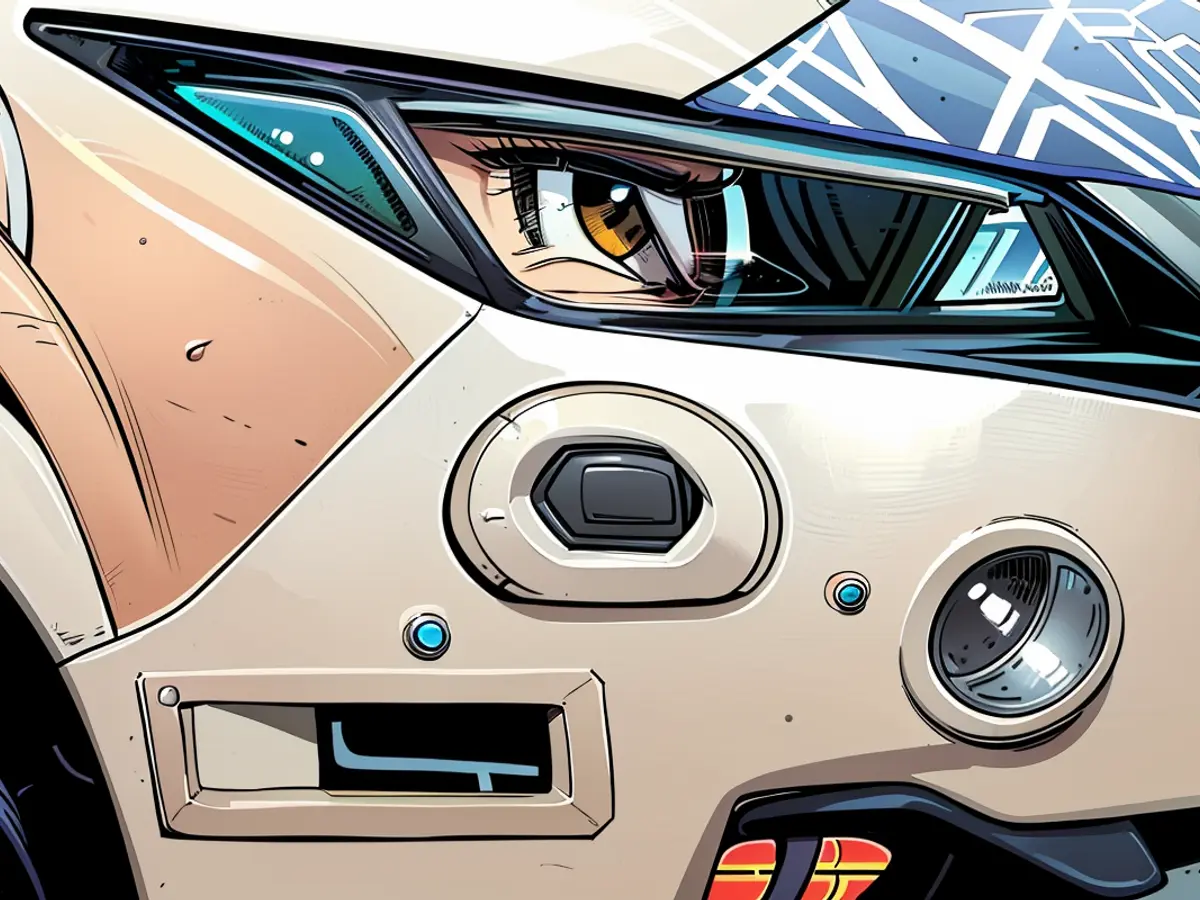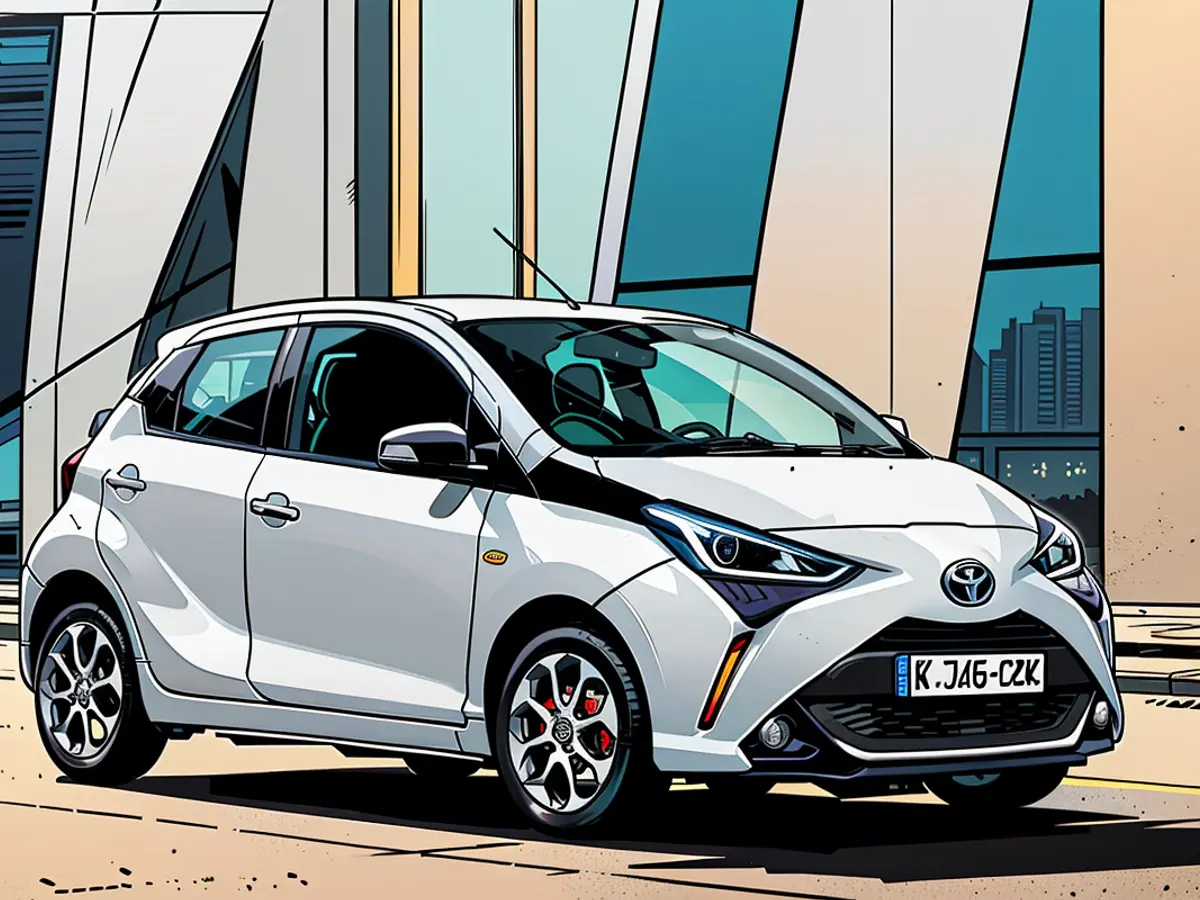Refueling e-cars is cheaper than with petrol cars
Frequently, the advantages and disadvantages of combustion engine cars and electric cars are weighed against each other. According to a new calculation from comparison portal Verivox, reported by Funke Media Group, car owners of electric vehicles have spent significantly less on mobility with their vehicle in the first six months of this year compared to drivers of cars with combustion engines.
The average fuel costs for electric cars were 48% lower than for gasoline cars and 40% lower than for diesel cars in the first half of the year, according to the analysis. Based on a driving distance of 12,000 kilometers, a car owner of an electric vehicle who charges at home could save nearly 800 Euro. However, lower savings are achieved for electric car owners who rely on public charging stations due to higher electricity prices for them.
Charging process at home is most cost-effective
"Someone who can charge at home with a wallbox has significantly lower fuel costs with an electric car than with a combustion engine," says Thorsten Storck, energy expert at Verivox. According to the comparison portal, the average electricity consumption for current electric car models is around 20 kilowatt-hours (kWh) per 100 kilometers (km). At the current household electricity price of 35.96 cents/kWh in the first half of 2024, these costs amounted to 7.19 Euro. Calculated for an annual driving distance of 12,000 kilometers, the charging costs were therefore 863 Euro.
Gasoline cars, on the other hand, consume an average of 7.7 liters on 100 kilometers. At an average gasoline price of 1.788 Euro/liter in the first half of the year, this would have cost 13.77 Euro. Calculated for a driving distance of 12,000 kilometers, the costs would have amounted to 1652 Euro.
Price advantage decreases compared to Diesel cars and at fast charging stations
The savings of a home-charged electric car compared to a gasoline car were 789 Euro in the first six months of the year. The savings for a diesel car and an average diesel price of 1.706 Euro/liter were 570 Euro.
However, the price advantage is less clear at public charging stations. The average kilowatt-hour price was 54.25 cents/kWh for normal charging with alternating current and 64.44 cents/kWh for fast charging with direct current. The costs for 100 kilometers were then 10.85 Euro or 12.89 Euro. This corresponds to expenses of 1302 Euro or 1547 Euro for 12,000 kilometers of driving distance. At public charging stations with conventional charging, the price advantage is therefore significantly lower according to the calculation.
Across a gas station, one could save at least 21 percent in the first six months based on 12,000 kilometers of driving performance with an electric car, compared to a diesel passenger car. However, an electric car would only be nine percent cheaper in comparison. With the more expensive rapid charging, one would have even calculated with a gasoline car: Anyone who had charged their electric car consistently would have been eight percent better off with a gasoline vehicle, according to Verivox. However, someone who fills up with gas would have had a slight price advantage of six percent with an electric car at public charging stations with rapid charging. However, the majority of electric car drivers do not rely on public charging stations for their cars: According to a survey by the consulting firm EUPD Research, 77 percent of electric vehicle charging takes place at home.
- Although electric cars may require charging stations for e-cars, someone who can charge at home with a wallbox enjoys significantly lower fuel costs compared to gasoline or diesel car owners.
- According to the analysis, the average fuel costs for gasoline cars were higher than for electric cars, with a 48% difference in the first half of the year.
- The high electricity prices at public charging stations for electric cars can lead to lower savings compared to charging at home, reducing the price advantage of electric cars over gasoline or diesel cars.
- The comparison portal Verivox found that electric car owners who rely on public charging stations may even spend more than gasoline car owners, especially with rapid charging, due to the higher costs of direct current.








